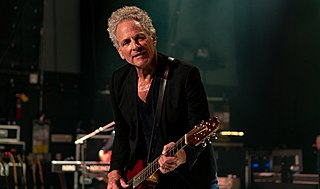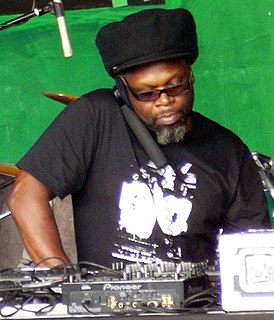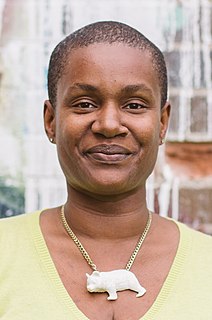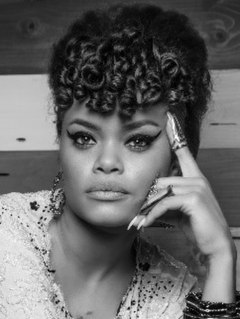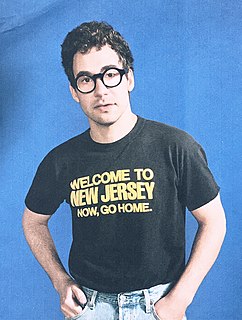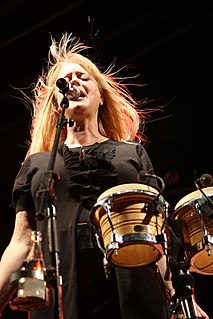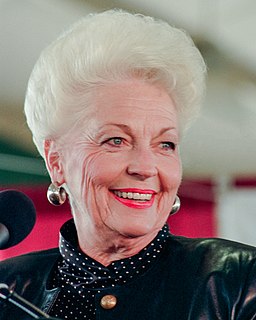A Quote by Mick Fleetwood
Fleetwood Mac were really accessible musically, but lyrically and emotionally, we weren't so easy. And it was our music that helped us survive. But all of us were in pieces personally.
Related Quotes
A lot of people write and tell us what The B-52s meant to them - straight, straight-A students, those who were a little awkward, weren't always the ones who fit in. People have told us that just having us and our music was beyond important and really made me feel that what we were doing was worth something big.
I'm really glad that our young people missed the Depression and missed the great big war. But I do regret that they missed the leaders that I knew, leaders who told us when things were tough and that we'd have to sacrifice, and that these difficulties might last awhile. They didn't tell us things were hard for us because we were different, or isolated, or special interests. They brought us together and they gave us a sense of national purpose.
The pictures that were coming from Vietnam were showing us what was really happening on the ground level. It was in contradiction to what our political and military leaders were telling us. They were straight forward documentary images. A powerful indictment of the war, of how cruel and unjust it was. When I finally decided what to do with my life, it was to follow in that tradition.

